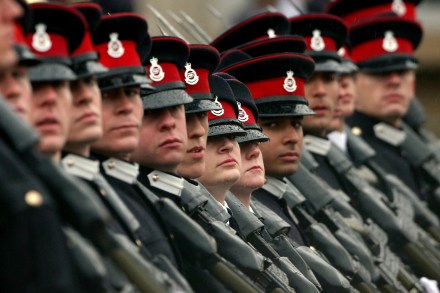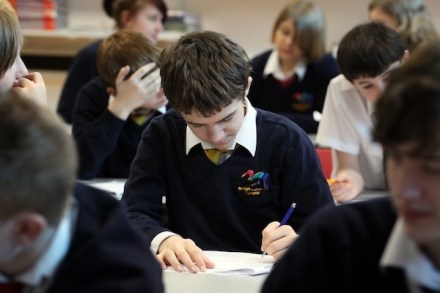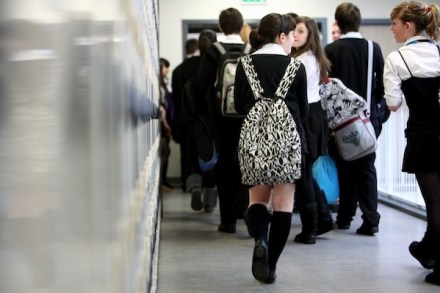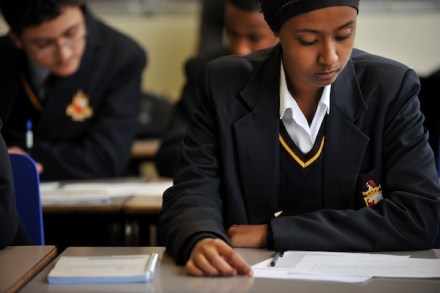Yes, Gove has lost a battle. But he’s winning the education war
Michael Gove’s enemies will have savoured his defeat yesterday, and enjoyed every second of his Commons speech admitting that his pet project, the EBacc, was ‘a bridge too far’. Gove is fighting a war on many fronts — and he lost a battle. It doesn’t happen often, which is precisely why it’s memorable. I look at this in my Telegraph column today. Here are my main points: 1. The passion of Gove — and Adonis. Gove is just as passionate about the transformative power of education as Andrew Adonis and, I suspect, for the same reason. Both were born in modest circumstances: Adonis to a single father in Camden, Gove



















